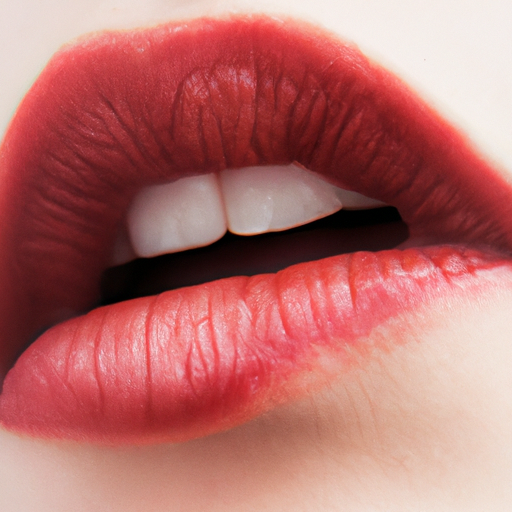As a doctor, I am often approached by patients who are distressed by the persistent problem of chapped lips. This seemingly minor issue can cause significant discomfort and can be a source of embarrassment for many. Despite its prevalence, the mystery behind chapped lips remains largely unexplored in public discourse. Today, we aim to crack this code and unveil the mystery behind chapped lips.
Chapped lips, medically known as cheilitis, are characterized by dry, flaky, and often painful lips. The condition is common in both summer and winter seasons due to the extreme weather conditions. However, it is not solely a seasonal issue and can occur at any time of the year due to various reasons.
The skin on our lips is thinner than the skin on the rest of our body. It lacks sweat glands, which are responsible for keeping the skin moisturized. This makes our lips more susceptible to drying out. When exposed to harsh environmental conditions such as cold weather, dry air, or excessive sun exposure, our lips lose their natural moisture leading to dryness and eventually chapping.
Dehydration is another significant factor contributing to chapped lips. When our bodies are dehydrated, it shows up in various ways, one of which is dry lips. Lack of essential vitamins, particularly B vitamins, can also lead to this condition. Certain medications and health conditions like diabetes or thyroid disease can also cause chapped lips.
One common habit that exacerbates the condition is lip licking. While it may seem like a quick solution to dry lips, it actually worsens the problem. Our saliva contains digestive enzymes that can break down the thin protective layer of oils on our lips, leading to further dryness.
Now that we’ve identified the causes let’s explore the solutions. The first step towards treating chapped lips is ensuring proper hydration. Drinking plenty of water helps maintain the body’s overall hydration levels, which in turn helps keep the lips moisturized.
In addition, using a good quality lip balm can provide immediate relief. Look for ingredients like beeswax, shea butter, and oils such as almond or jojoba. These ingredients create a protective barrier on the lips, locking in moisture and protecting them from environmental factors. Avoid lip balms with camphor, eucalyptus, and menthol, which can dry out your lips.
Including vitamin-rich foods in your diet can also help. Foods high in B vitamins such as whole grains, nuts, and green vegetables can help prevent and heal chapped lips.
Protecting your lips from extreme weather conditions is crucial. In cold weather, cover your mouth with a scarf, and in sunny weather, use a lip balm with SPF protection.
Finally, resist the urge to lick or pick at your lips. This only leads to more dryness and can cause cracks and sores.
In conclusion, chapped lips are a common problem caused by a variety of factors including environmental conditions, dehydration, certain health conditions, and poor lip care habits. However, with proper hydration, diet, and lip care routine, it is possible to maintain healthy, moisturized lips.
Remember, persistent chapped lips could be a sign of an underlying health issue. If you’ve tried everything and your lips are still chapped, it’s time to consult a healthcare professional. As we continue to crack the code behind chapped lips, it’s important to remember that every individual is unique and what works for one person may not work for another.



